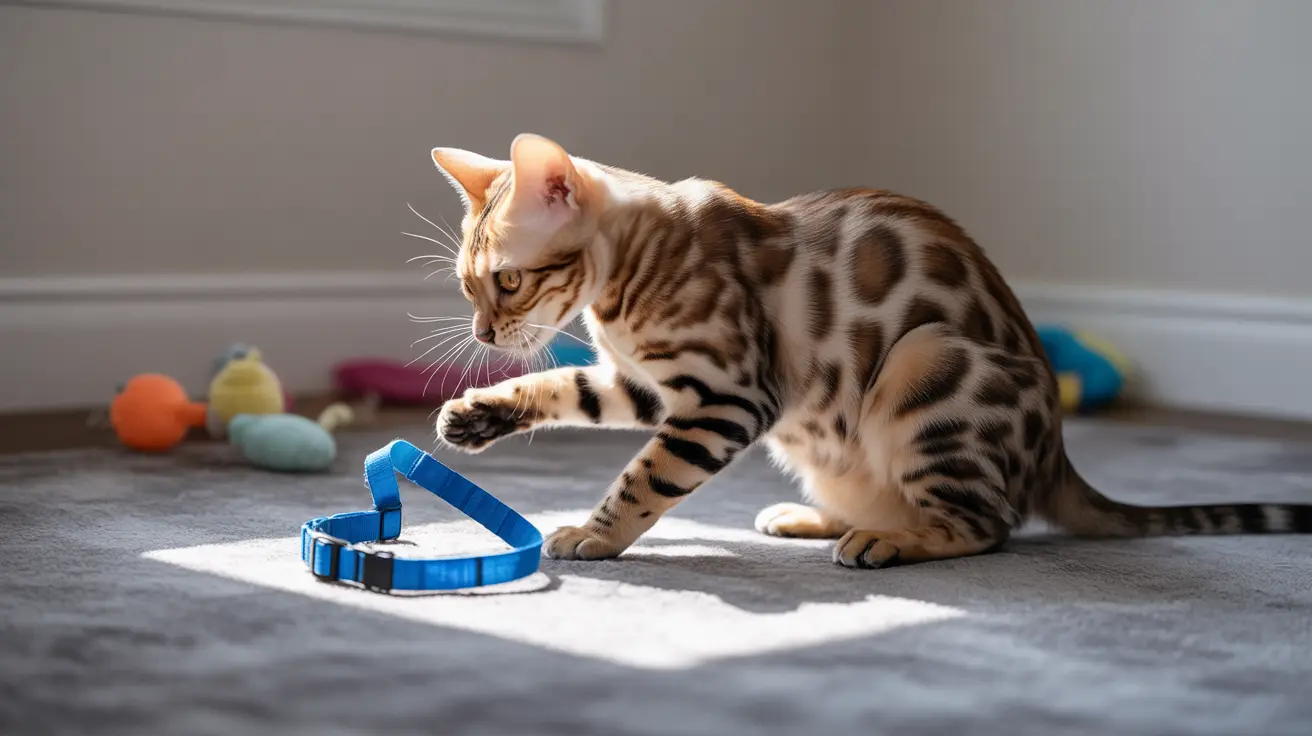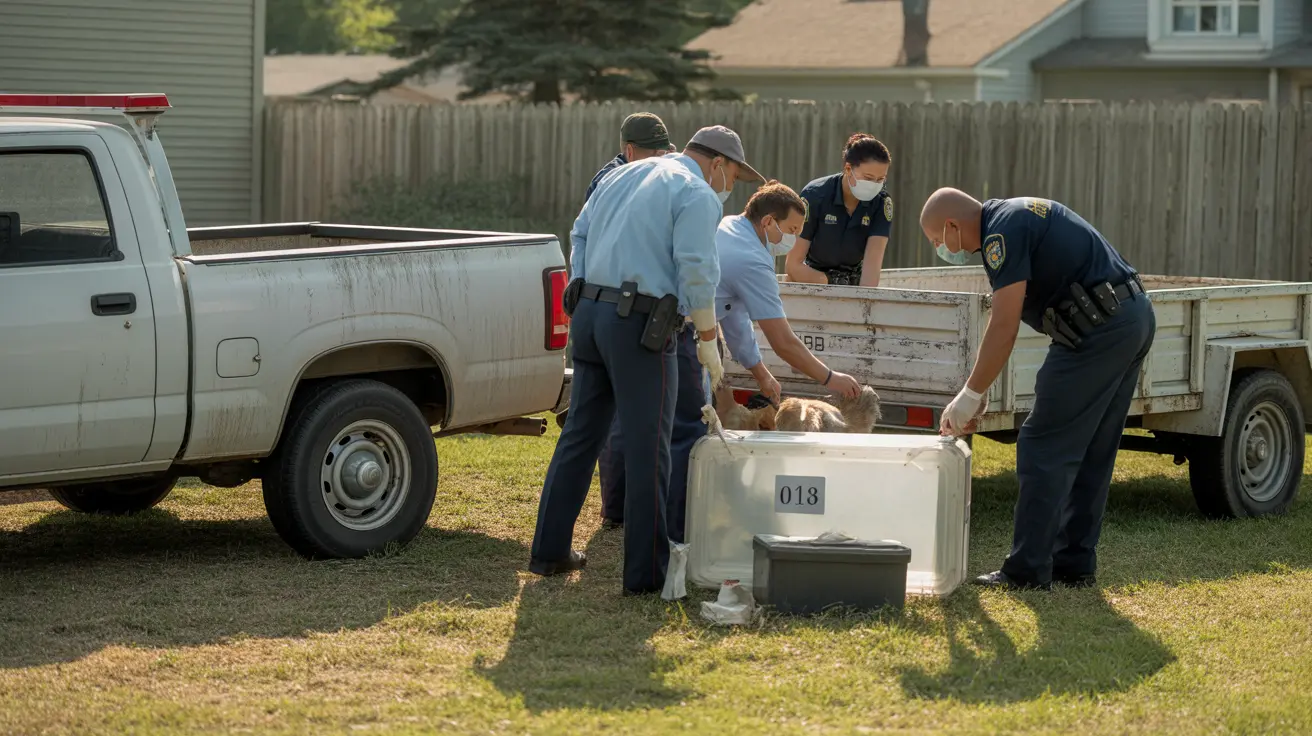Understanding Flea Collar Toxicity in Cats
Flea collars work by releasing pesticides that spread across your cat's fur to kill and repel fleas. However, these chemicals can be absorbed through the skin or ingested during grooming, potentially leading to serious health issues. Common toxic ingredients include tetrachlorvinphos, flumethrin, and particularly dangerous compounds like permethrin, which cats cannot safely metabolize.
Common Signs Your Cat Is Reacting to a Flea Collar
Immediate Symptoms
- Excessive drooling or foaming
- Vomiting and nausea
- Skin irritation and redness
- Intense scratching or pawing at the collar
- Lethargy and weakness
Severe Reactions
- Muscle tremors and twitching
- Difficulty breathing
- Seizures
- Chemical burns around the neck
- Loss of coordination
High-Risk Factors for Flea Collar Reactions
Several factors can increase the likelihood of adverse reactions to flea collars:
- Using dog flea collars on cats
- Combining multiple flea control products
- Extended wear without breaks
- Individual sensitivity to ingredients
- Environmental conditions like heat and humidity
Safe Alternatives to Flea Collars
Veterinarians recommend several safer options for flea control:
- Prescription oral medications
- Spot-on treatments specifically formulated for cats
- Natural flea prevention methods
- Regular grooming with flea combs
- Environmental flea control measures
What to Do If Your Cat Shows Signs of Poisoning
If you suspect your cat is reacting to a flea collar:
- Remove the collar immediately
- Wash the affected area with mild soap and water
- Contact your veterinarian or emergency animal hospital
- Monitor your cat closely for worsening symptoms
- Save the collar packaging for ingredient information
Frequently Asked Questions
Can flea collars really make cats sick?
Yes, flea collars can make cats sick through chemical exposure, causing symptoms ranging from mild skin irritation to severe neurological problems and, in extreme cases, death. The risk comes from both direct contact with the chemicals and accidental ingestion during grooming.
What are the symptoms of flea collar poisoning in cats?
Common symptoms include excessive drooling, vomiting, skin irritation, lethargy, muscle tremors, difficulty breathing, and seizures. Some cats may also show behavioral changes like increased agitation or decreased appetite.
How can I safely use flea collars on my cat without causing harm?
The safest approach is to avoid traditional flea collars altogether and opt for veterinarian-recommended alternatives. If you must use a collar, choose cat-specific products, monitor your cat closely, and remove the collar at the first sign of adverse reactions.
Why are some flea collars more dangerous than others for cats?
The danger level varies based on the active ingredients. Collars containing permethrin or organophosphates are particularly hazardous for cats, while newer generation ingredients may have lower toxicity risks. However, any flea collar can potentially cause problems in sensitive cats.
What are the safest alternatives to flea collars for controlling fleas on cats?
The safest alternatives include prescription oral medications, veterinarian-approved spot-on treatments, regular grooming with flea combs, and environmental flea control measures like frequent vacuuming and washing pet bedding.
Conclusion
While flea collars might seem like a convenient solution for flea control, the potential risks to your cat's health often outweigh the benefits. Consider safer, veterinarian-recommended alternatives and always monitor your cat closely when using any flea control products. Your cat's safety and well-being should always be the primary concern when choosing flea prevention methods.






